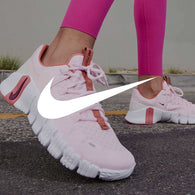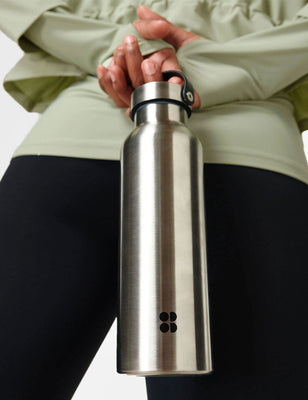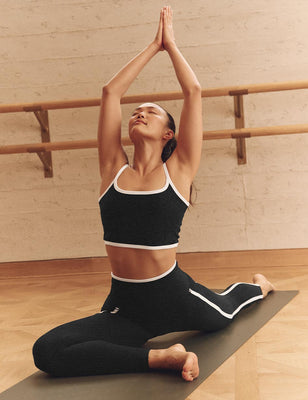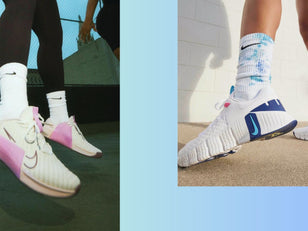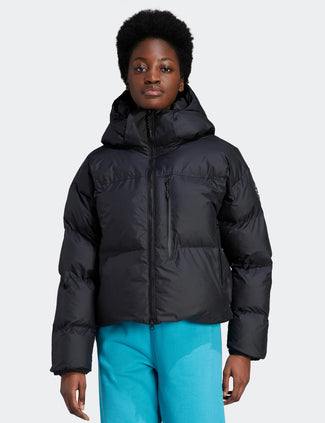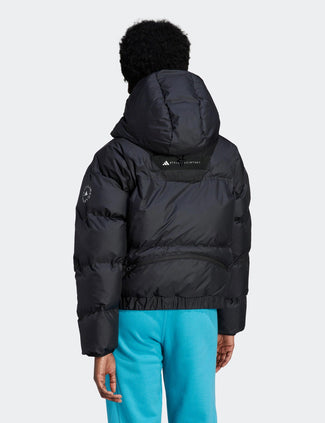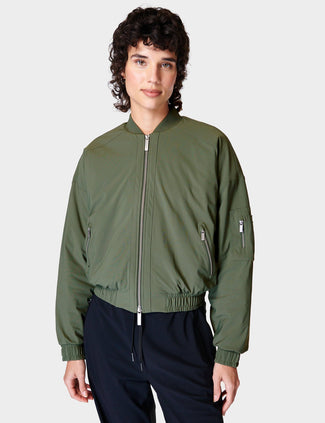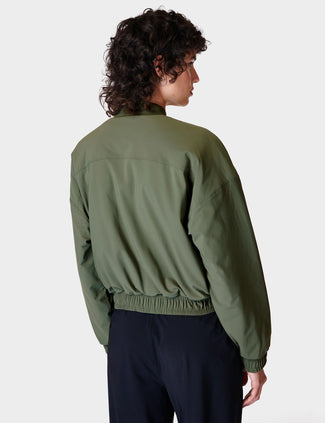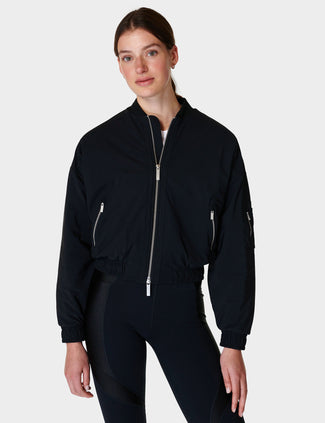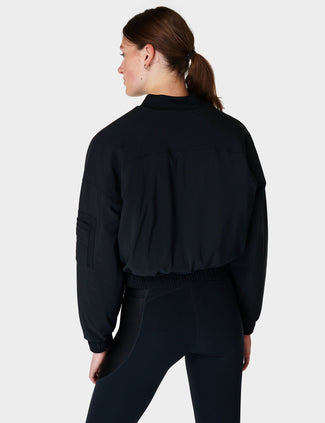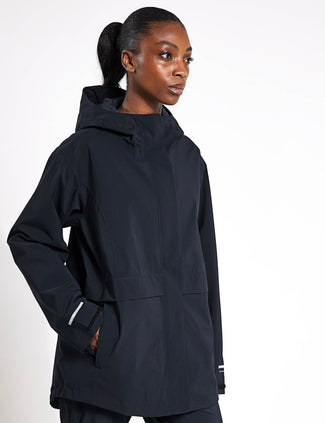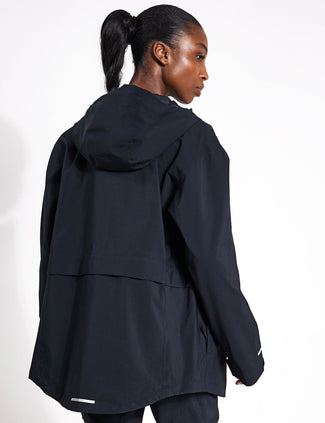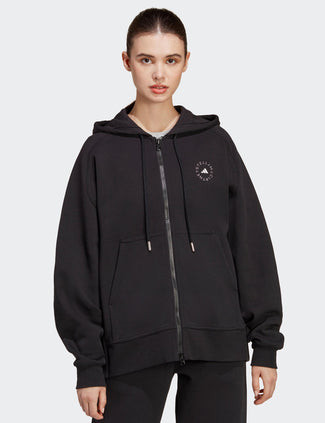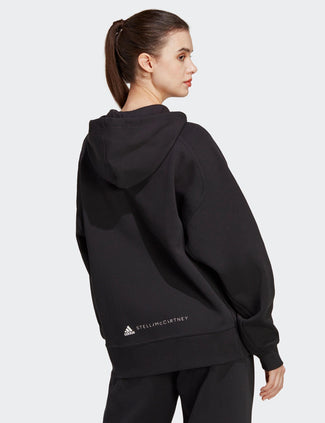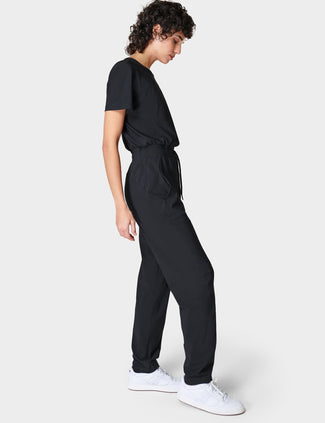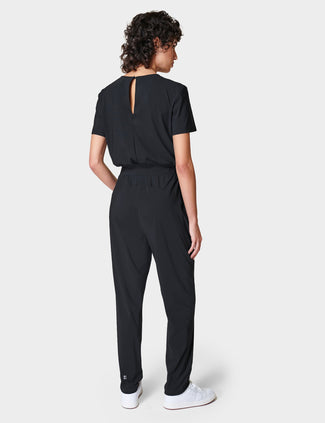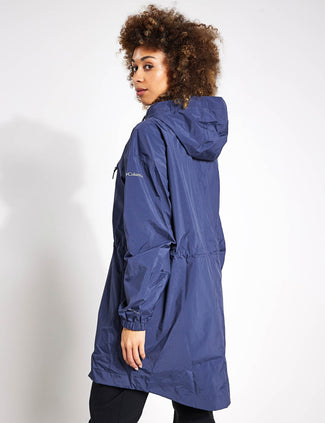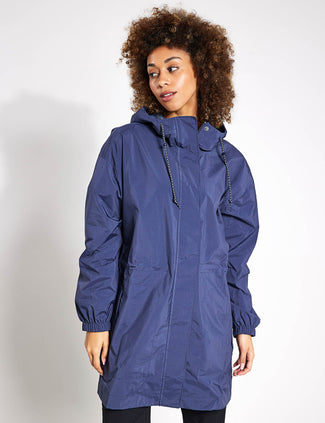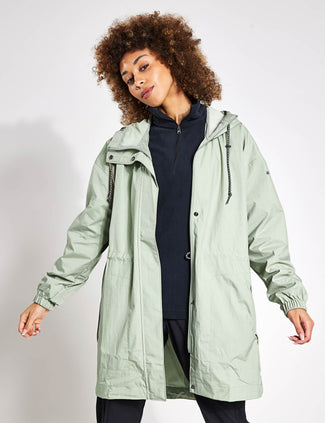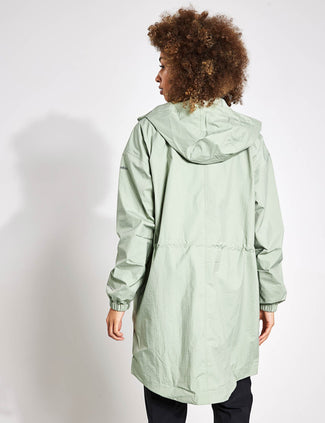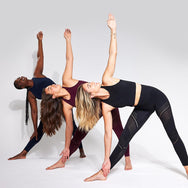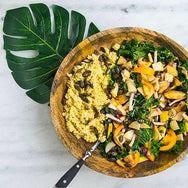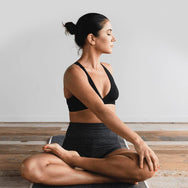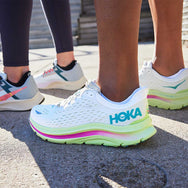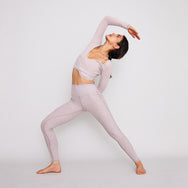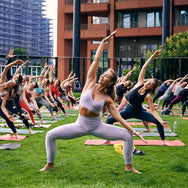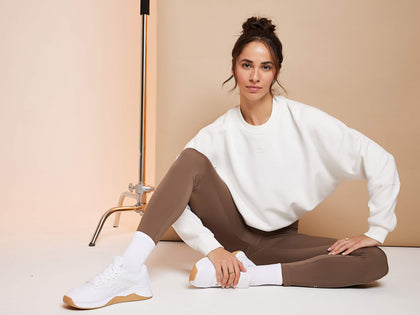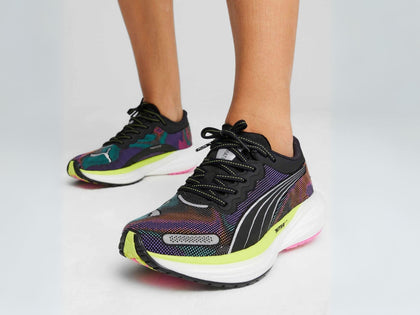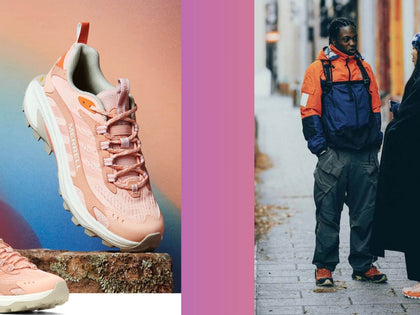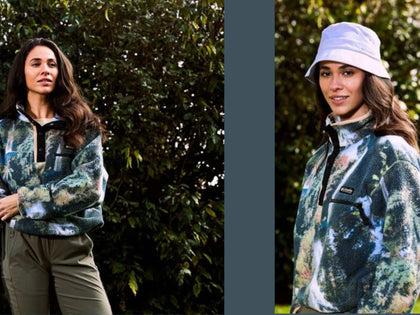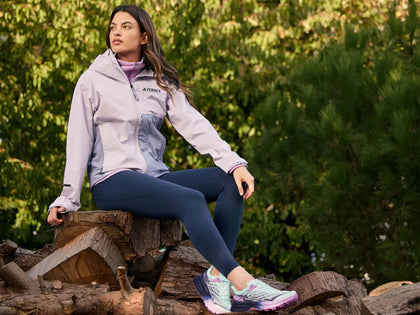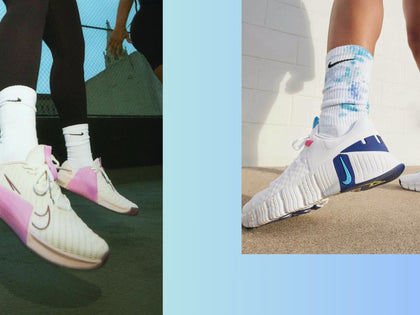Words by Lauren Hughes of @skinandthecityuk

Autumn and winter come as a shock to the skin after months of long, sunny, humid summer days spent outdoors. Temperatures plummet, humidity levels drop drastically, we turn the central heating on and we have long, hot baths and showers to warm up.
Cold temperatures and the icy wind in autumn and winter can hugely disrupt the skin barrier, which can leave our skin irritated, red and flaky. All of these factors change the way our skin needs to be looked after to stay happy and hydrated, so it is important to adapt your skincare routine to cater to the changes.
WASH IN COOLER WATER
As the temperature drops, it can be tempting to turn up the heat on your shower and bath water and stay in them for longer. Heat can cause the blood vessels in the skin to dilate and doing this regularly will make the skin appear red. Prolonged skin contact with hot water encourages trans-epidermal water loss aka dehydration so if you can, keep the temperature down when you have a shower and don’t lie in a hot bath for too long (as tempting as it may be!) If you think of when your fingers go wrinkly when you stay in the bath too long, this is what happens to differing degrees every time your skin is in contact with hot water so always keep it to minimum.

USE A HUMIDIFIER
Central heating sucks the moisture out of the air so when we are spending a lot of time indoors, our skin can become dehydrated. Having a humidifier in your bedroom overnight can really help increase the moisture levels in the air, which in turn keeps the skin more hydrated. Also, using a hydrating serum that includes poly-hydroxy acids, hyaluronic acid and glycerin underneath moisturiser can hold moisture in the skin.
UPGRADE YOUR MOISTURISER
In summer I opt for a light, gel moisturiser but in autumn and winter, I upgrade to a more nourishing cream to really strengthen my skin barrier. I always make sure that my moisturiser contains ceramides, which are fatty lipids that help the skin to retain moisture and allow the skin barrier to function properly. My favourite moisturiser brand is CeraVe. Their PM lotion is a brilliant lightweight moisturiser packed with ceramides, hyaluronic acid and niacinamide, which is perfect in the spring and summer months but in autumn and winter, I switch over to their richer moisturising cream which contains petrolatum, an occlusive ingredient which creates a barrier to prevent moisture from leaving the skin. Other great occlusive ingredients to look out for in moisturisers include dimethicone and shea butter.
WEAR SPF… WHATEVER THE WEATHER!
Wearing a broad-spectrum SPF is just as important on a cold, drizzly February day as it is on a sunny day at the beach in July. UVA rays are present all year round and penetrate deep into the skin and break down our collagen and elastin, the structure that keeps the skin plump and firm. UVA rays can penetrate through clouds and window glass so it is very important to apply a quarter of a teaspoon of a dedicated SPF to your face and neck every single day. In spring and summer I tend to wear a lightweight, mattifying sunscreen, such as the La Roche Posay anti-shine SPF 50, but in the colder months I opt for a more moisturising texture, such as the Purito Unscented Centella SPF50.

USE RETINOL
Active skincare ingredients such as retinol and alpha-hydroxy acids are brilliant at making the skin smooth and even-toned but they also make the skin more susceptible to sun damage. As we go into the colder months, people don’t tend to spend as much time outdoors and the UVB rays (the ones responsible for burning the skin) are not as strong as in summer so it can be a good chance to increase the use of these activities slightly. It is important however, to use these ingredients alongside moisturising products I mentioned above, that take good care of the skin barrier to prevent any unnecessary irritation.
STAY HYDRATED AND HEALTHY
Hydrating from the inside out is even more important in autumn and winter. Eating essential fatty acids, such as avocados, olives, nuts and seeds, taking omega 3 supplements, drinking plenty of water and eating lots of fruit and vegetables can help hydrate and plump the skin from the inside. A daily supplement is a great way to many of these boxes, and some of our favourites are formulated specifically to look after your skin.

CONCLUSION
As the season changes so too should your approach to skincare. The conditions in Fall and Winter put different stresses on your skin, and it's important to recognise what your skin is trying to tell you. Now is a great time to invest in a humidifier, don't neglect the SPF, and keep a balanced diet – your complexion will thank you for it! If you're looking to take things up a notch, why not look into adding retinol products into your routine to keep skin smooth and even-toned, and find a moisturiser that will keep your skin plump and nourished through the cold weather.






